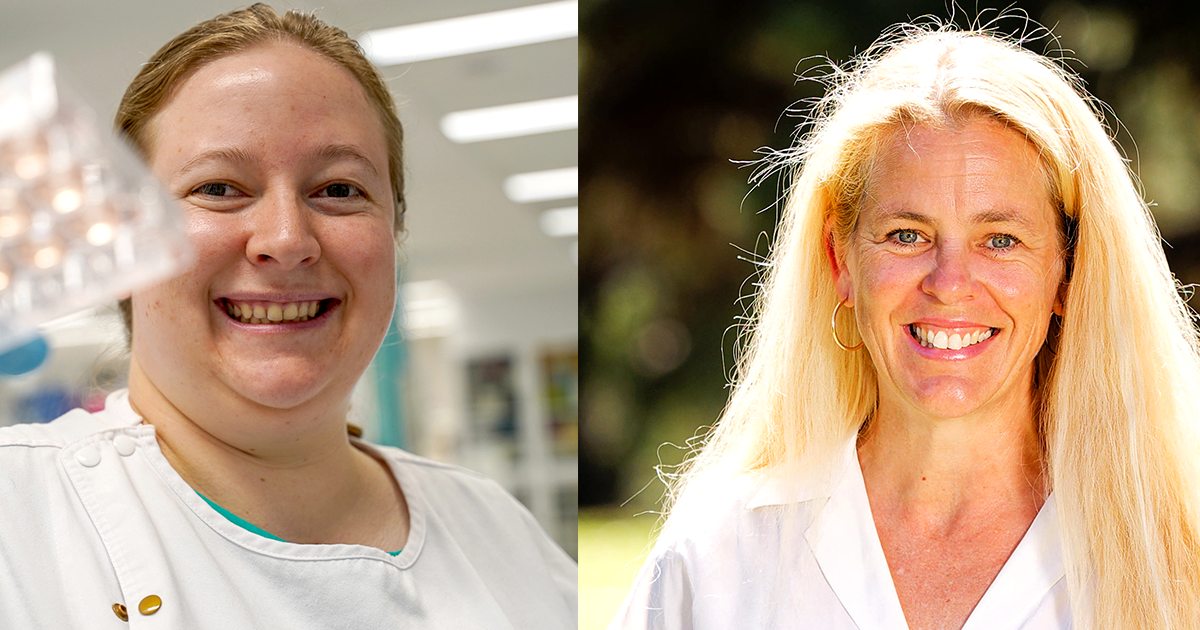Search

Find out about the news, events, videos and media releases happening at Telethon Kids Institute.
With our world-class researchers delivering world-leading research, we're always announcing exciting news. See the latest from Telethon Kids Institute.

News & Events
The Kids receives critical funding boost from WA GovernmentThe Kids Research Institute Australia is one of 20 West Australian research facilities to share in $25 million funding under the State Government’s Research Infrastructure Support (RIS) program, through the Future Health Research and Innovation (FHRI) Fund.

News & Events
The Kids takes fight against one of the world’s deadliest bugs to national stageLast night, almost 60 supporters gathered at Adelaide Town Hall for the inaugural The Kids Research Institute Australia Adelaide Lecture, Not Just a Sore Throat: The Race to Stop One of the Deadliest Bugs on the Planet.

News & Events
Top researchers recognised for respiratory researchTwo leading researchers from The Kids received significant endorsements to advance their research at last night’s Thoracic Society of Australia and New Zealand and the Australian and New Zealand Society of Respiratory Science (TSANZSRS) Annual Scientific Meeting in Adelaide.

News & Events
Kids who skip breakfast have poorer NAPLAN results: studyAn Australian study has revealed the clear link between eating breakfast and academic success, with students who skip breakfast some or all of the time achieving poorer NAPLAN results than children who always eat breakfast.
Research
Active Strides-CP: Randomised trial of Intensive Rehabilitation (combined Intensive gait and cycling training) for children with moderate to severe bilateral cerebral palsyActive Strides-CP is an RCT assessing a new treatment for children with moderate to severe CP, combining intensive gait and cycling training to simultaneously address motor and participation outcomes.

Kids Rehab WA is an integrated team of clinicians and researchers who deliver and research therapies for children with acquired or congenital neurological impairments, leading to improved outcomes for children and their families.
Research
ENVISAGE – ENabling VISions And Growing ExpectationsENVISAGE is a validated evidence-based program of facilitated group workshops for parents and carers of young children, aged 0-8 years, with a newly identified disability or who have concerns regarding their child’s development.
Research
International trends of Down syndrome 1993-2004: Births in relation to maternal age and terminations of pregnanciesThe aim of this study was to examine trends of Down syndrome (DS) in relation to maternal age and termination of pregnancies (ToP) in 20 registries
